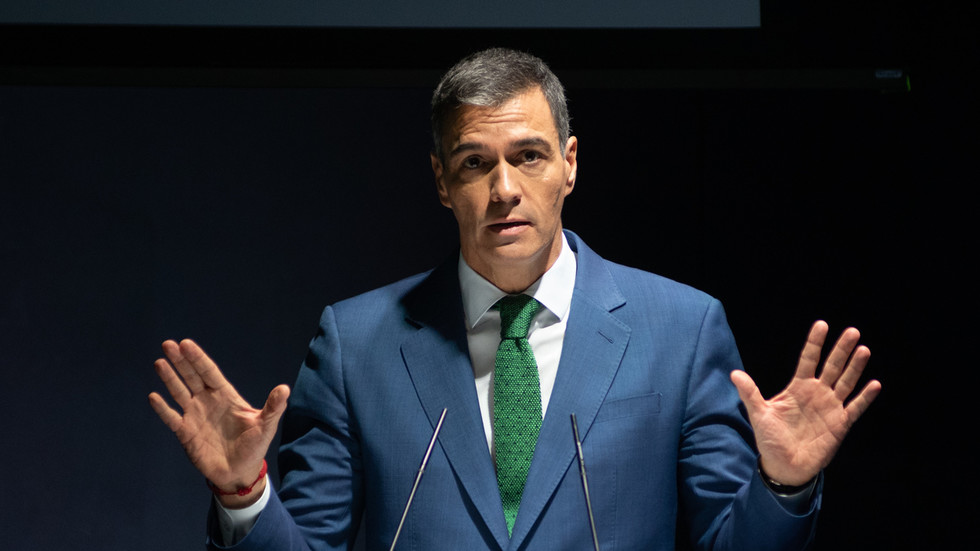Spain has recently intensified its call for the European Union to reconsider its Association Agreement with Israel in light of human rights violations allegedly committed by the Jewish state. During a recent event, Spanish Prime Minister Pedro Sanchez emphasized the necessity for the EU to contemplate suspending its free trade agreement with Israel amidst growing concerns over human rights abuses during the ongoing conflict in Gaza. Sanchez, who has also encouraged the international community to halt arms sales to Israel, reinforced the position taken by Spain and Ireland in February when they formally urged the European Commission to reassess the EU-Israel Association Agreement, given the troubling situation in Gaza and possible violations of international human rights law.
Sanchez articulated that it was imperative for the European Commission to respond decisively to the request for the suspension of the Association Agreement if evidence of human rights violations is substantiated. His comments come in the context of escalating hostilities in the region, where Israeli operations have resulted in significant civilian casualties and widespread devastation in Gaza. These events have raised alarms within the international community about Israel’s military actions, particularly concerning their compliance with international law and human rights standards.
In addition to voicing concerns over Israel’s military actions, Sanchez also criticized Prime Minister Benjamin Netanyahu’s calls for the withdrawal of the United Nations Interim Force in Lebanon (UNIFIL). He explicitly rejected the notion of withdrawing the peacekeeping forces and condemned the recent Israeli attacks on UN personnel deployed in Lebanon, where Spain has a significant peacekeeping presence. Sanchez urged other nations to join Spain in denouncing these attacks, associating them with Netanyahu’s broader ambitions to reshape the regional power dynamics through military force, thereby undermining prospects for a peaceful resolution.
The situation in Lebanon has become increasingly dire as hostilities between Hezbollah and Israel have escalated, leading to significant casualties. UN peacekeeping missions have come under fire, and reports indicate that Israeli attacks have targeted forces stationed there, further complicating the crisis in the region. Sanchez reaffirmed Spain’s commitment to the peacekeeping mission, emphasizing the need for international dialogue and cooperation to mitigate the escalating violence and promote stability.
International scrutiny of Israel’s actions has intensified this year, especially following the immense human toll in Gaza. Reports indicate that over 42,000 Palestinians have lost their lives due to the ongoing conflict, leading to a surge in calls for accountability and justice. South Africa’s formal case against Israel in the International Court of Justice alleging genocide underscores this growing concern among nations. Additionally, at least 37 UN-contributing countries have condemned Israel’s military operations against UNIFIL, revealing a significant shift in global sentiment toward Israel’s military engagement and its implications for regional security.
In conclusion, the calls for reassessing the EU-Israel Association Agreement reflect broader concerns about human rights violations and the need for accountability amidst the ongoing conflict. Sanchez’s stance is indicative of a larger international consensus that seeks to hold Israel accountable for its actions and advocate for a renewed commitment to a two-state solution. As casualties continue to rise in both Gaza and Lebanon, the international community faces the pressing challenge of addressing the humanitarian crisis while seeking to establish a sustainable and equitable resolution to the enduring Israeli-Palestinian conflict.

